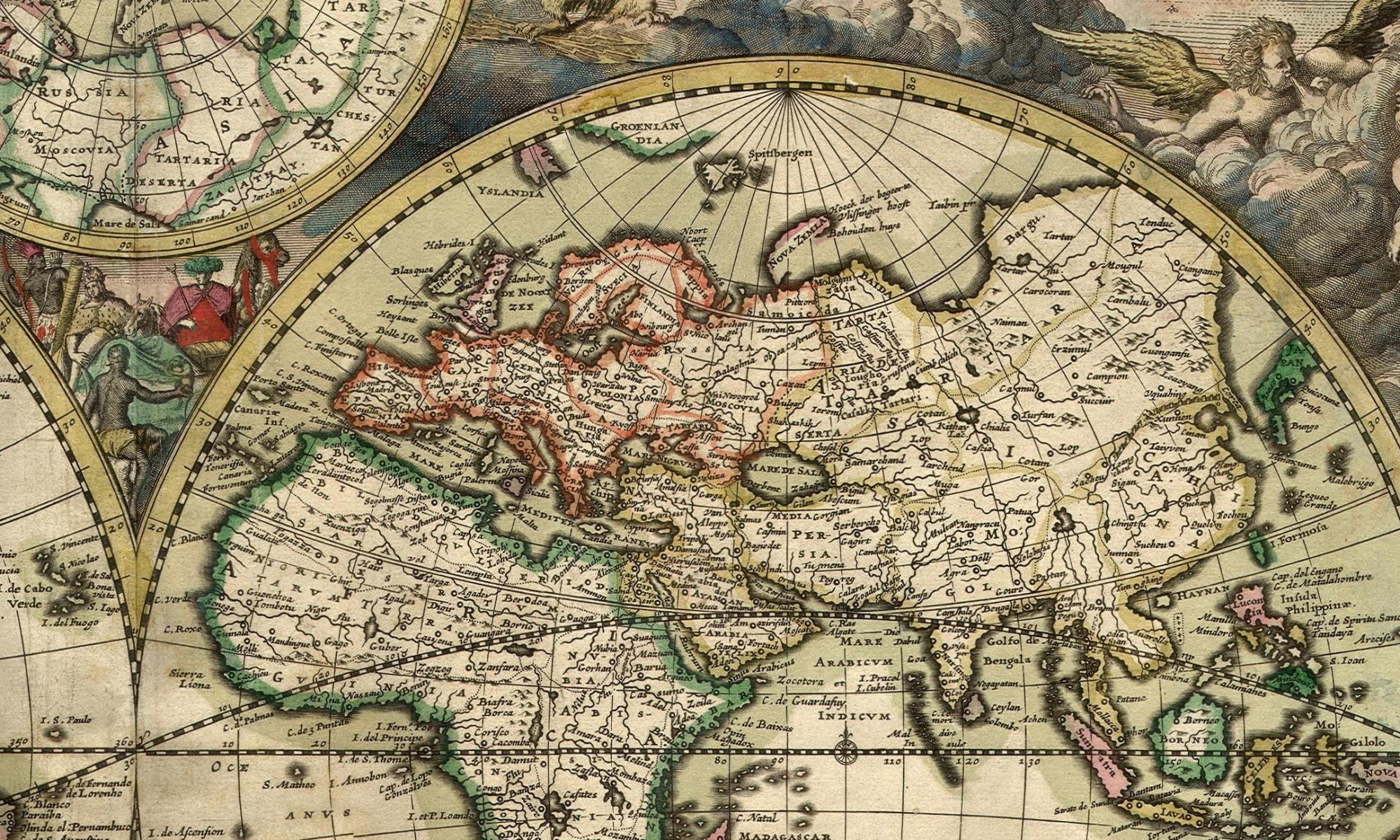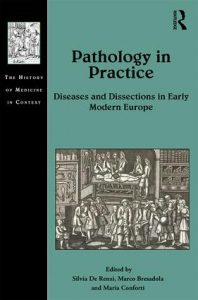Recovering the 19th Century Penal Landscape, 6 July 2018
National Justice Museum, Nottingham, Smith Cooper Room
Join us on 6 July 2018 at the National Justice Museum in Nottingham for the launch of a new resource developed by the Centre – www.prisonhistory.org – a database of nineteenth-century prisons which contains critical information on the locations, size and archives of nearly 850 penal institutions.
We are delighted to host a number of eminent speakers with expertise on prisons past and present, including: Prof Sean McConville (Queen Mary University of London), Dr Paul Carter (The National Archives), Prof Barry Godfrey (University of Liverpool) Dr Maryse Tennant (Canterbury Christ Church University), Aiofe O’Connor (Find My Past), Nina Champion (Prisoners’ Education Trust) and Anita Dockley (Howard League for Penal Reform).
To download a programme, follow this link.
The event is free to attend, but places are limited. To register attendance, of for further information, please contact: Rosalind.Crone@open.ac.uk, and/or FASS-Collaborations@open.ac.uk. Registration closes 22 June 2018. When registering, please provide full name, affiliation, any special dietary requirements and any other special requirements.

